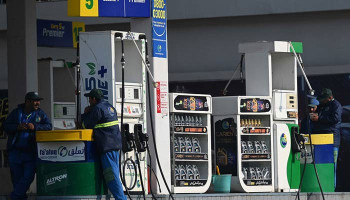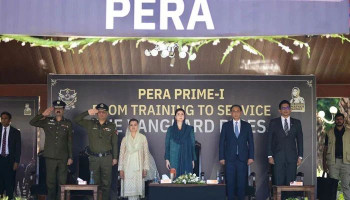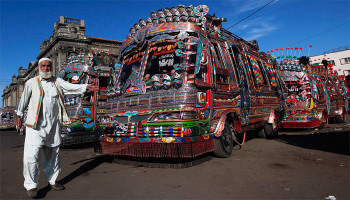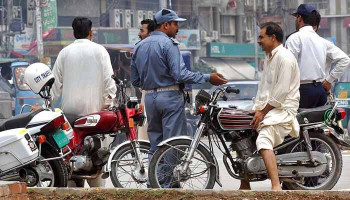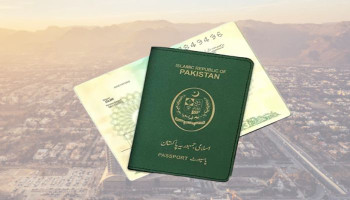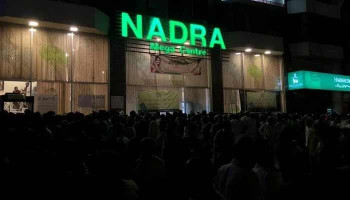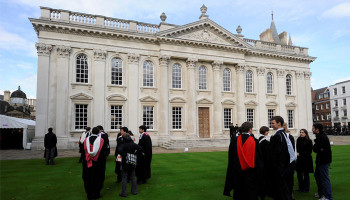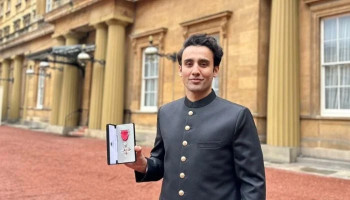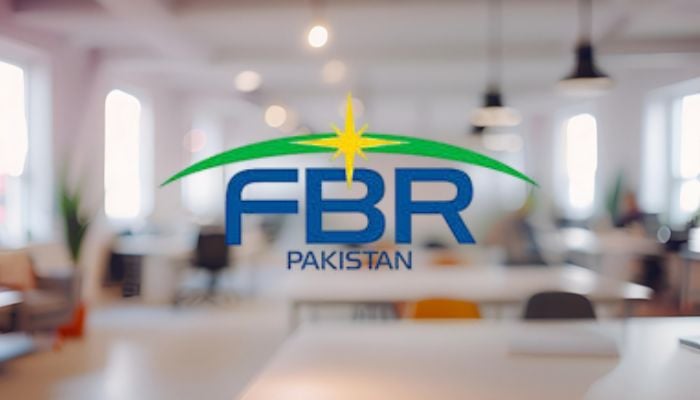
While the government mulls over the possibility of a one-time flood tax on dozens of luxury items from abroad, with IMF support, FBR is looking into additional unconventional solutions to broaden the tax net.
In a formal recommendation, Chief Commissioner of Regional Tax Office (RTO) Islamabad Aisha Farooq advanced a proposal for the FBR to take on untapped sources of information outside of formal reporting channels, including informal/social networks, extended family members or neighbours, full-time or part-time private household staff, drivers and other employees, who may provide information on individuals whose reported income may not match their lifestyle.
Farooq recommended that the informants be offered a promise of anonymity if they disclosed information and was pleased to offer small amounts of remuneration to incentivise their participation as whistleblowers.
The Prime minister’s office has already charged ministries with looking into a one-off flood tax on luxury products, which they have defined as including 1800 cc cars, chocolates, juices, cheese, pet food, shampoo, marble and more.
Moreover, the government expects to raise Rs20 to 30 billion, if approved by the IMF, to address the humanitarian crises in the flooded area.
Notably, Farooq also indicated that despite a universal self-assessment system and formal data integration approaches developed in recent years, the largely cash-based economy in Pakistan still inhibits the FBR from recovering what she indicated was a true tax base.
“Many individuals live in palatial houses, drive luxury cars, wear branded clothes, and take multiple foreign trips, but their income tax returns do not reflect this standard of living,” she wrote, terming the situation alarming.
The RTO has also proposed increasing the maximum whistleblower reward from Rs5 million to Rs150 million, on a graduated scale, with strict legal protection under Section 216 of the Income Tax Ordinance, 2001, for informant confidentiality.





